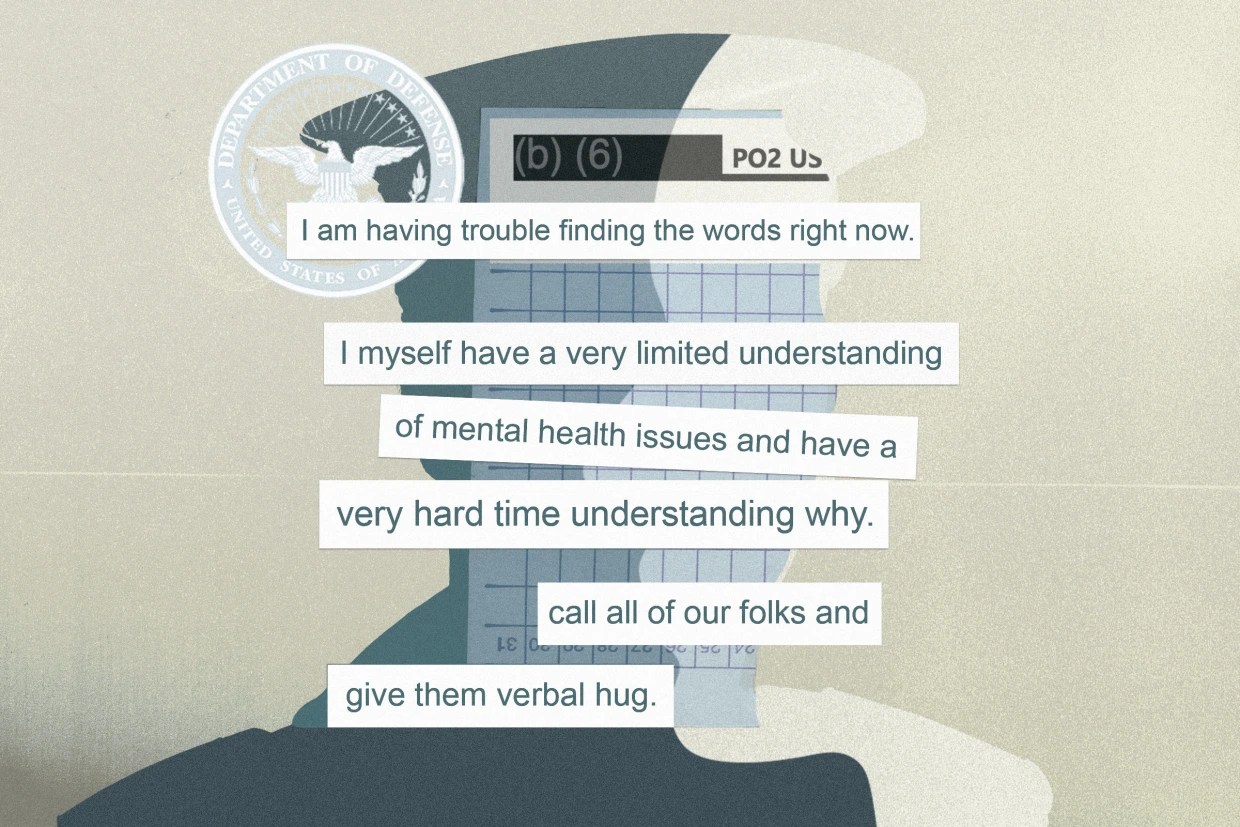More than 1,000 dead seals have washed up along beaches from Massachusetts to Maine since July. Now, officials are warning people not to approach the animals if they are seen sick or dying along the coast.
Young harbor seals coughing, gasping for air, and close to death — it's a sight that Ashley Stokes and the rest of the staff and volunteers at the Seacoast Science Center in Rye, New Hampshire, have been seeing almost every day since the beginning of August.
"It doesn't ever get easier. It's tough to not become attached to these animals," Stokes said. "It's one thing to see deceased animal on the beach and it's another thing to see an animal that is struggling."
Lab results are now showing that the majority of the seals were sick with the distemper virus.
"They're presenting clinically with signs of pneumonia," she explained. "The animals often look helpless, so you can understand why the public would want to approach and try to help."
But that's exactly what Stokes is warning families not to do.
Although distemper can't be transferred from an animal to a person, it's unclear if the sick seals could infect pets.
U.S. & World
"The risk to dogs is unknown, and because of that, we ask the public to treat it as there is a risk there," Stokes explained.
Stokes says her team is still responding to several sick or dead seals every day and the outbreak might last until colder water temperatures kill the virus.
"I never say that I am looking forward to winter, but we are," she said. "We're starting to look forward to winter."
The last time there was a distemper outbreak this deadly was back in 2006.
If you see a sick or dead seal on the beach, stay far away from it and call the Seacoast Science Center Marine Mammal Rescue Hotline at (603) 997-9448.



